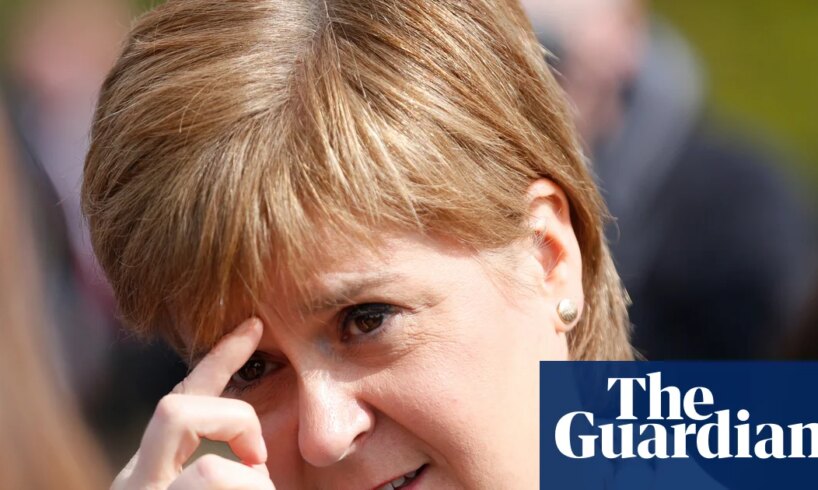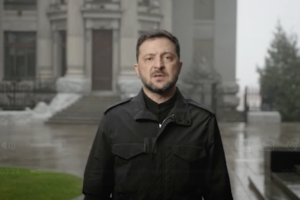
Nicola Sturgeon excluded senior advisers from decision-making during the pandemic by holding “gold command meetings” with a small circle, reducing transparency and accountability, the Covid inquiry has found.
In a damning report on how UK politicians handled Covid, former prime minister Boris Johnson was criticised for presiding over a “toxic and chaotic” culture and making late decisions that cost lives.
Along with the UK government, leaders of the devolved nations came under fire, with the report stating “there was a serious failure by all four governments to appreciate the level of risk and the calamity that the UK faced”.
Sturgeon, then first minister of Scotland, was found to have been a “serious and diligent leader who took responsibility for decisions” but who excluded other senior decision-makers.
The Scottish cabinet became “a decision-ratifying body and not the ultimate decision-making body” and the informal gold command structure reduced transparency.
“It also deprived decision-makers of a wide range of views,” the report found.
“The Scottish cabinet should have been involved to a greater degree in decision-making in Scotland.
“This would have ensured greater transparency and enhanced accountability for decisions taken by the gold command and, increasingly, Ms Sturgeon.”
Sturgeon was Scotland’s first minster from November 2014 to March 2023. Responding to the report, she said her cabinet “was fully involved in the decision-making”, and minutes from the time showed it “was not some kind of rubber stamp”.
In Wales, the inquiry found the Covid death rate was exacerbated by failed or late restrictions.
The Welsh government was advised on 5 October 2020 that further restrictions were needed but did not implement a two-week “firebreak” lockdown until 23 October, at a time when it had the highest age-standardised mortality rate of the four nations.
Mark Drakeford, the former first minister, told the inquiry he initially believed the UK government would be in charge of the pandemic response, but the report said the Welsh government “should have recognised the severity of the situation in January and February 2020 and taken its own steps to prepare”.
skip past newsletter promotion
Get the day’s headlines and highlights emailed direct to you every morning
Privacy Notice: Newsletters may contain information about charities, online ads, and content funded by outside parties. If you do not have an account, we will create a guest account for you on theguardian.com to send you this newsletter. You can complete full registration at any time. For more information about how we use your data see our Privacy Policy. We use Google reCaptcha to protect our website and the Google Privacy Policy and Terms of Service apply.
after newsletter promotion
The report was particularly critical of the pandemic response in Northern Ireland, saying it was “deeply divided along political lines and beset by leaks, leading to an incoherent approach”.
It said decision-making was marred by political disputes between ministers from the Democratic Unionist party and Sinn Féin. Like the rest of the UK, it was “a repeated case of too little, too late”.
It also said the attendance of then deputy first minister Michelle O’Neill at the funeral of veteran republican Bobby Storey in June 2020, and her initial refusal to apologise, contributed to tensions in the executive committee.
It said: “The very least the public should be entitled to expect is that those making the rules will abide by them. Instances where ministers and advisers appeared to break Covid-19 rules caused huge distress to the public.”
O’Neill, now Northern Ireland’s first minister, said she welcomed the report and that it was an “important milestone in the long journey of recovery after the pain and trauma of the Covid pandemic”.





